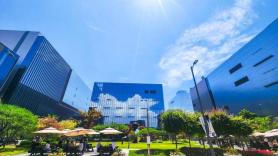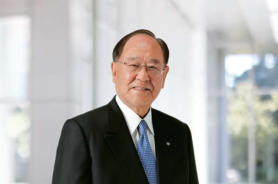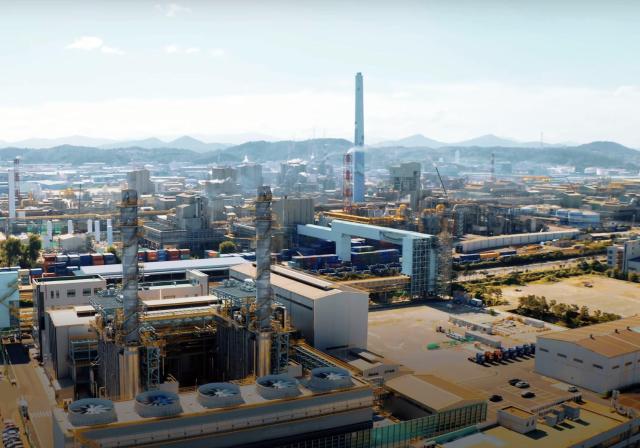
SEOUL, August 27 (AJP) - As Washington scrambles to secure supplies of critical minerals, a South Korean metals giant has emerged as an unlikely player in the great-power contest — and a target of boardroom intrigue at home.
Korea Zinc, the world’s largest non-ferrous metal smelter, shipped its first batch of antimony to Baltimore in June, a milestone for both U.S.-Korea ties and Washington’s efforts to cut reliance on Chinese-dominated supply chains.
The mineral, essential for producing ammunition and missiles, is among the materials the Pentagon deems vital for national security.
“South Korean exports of antimony to the U.S. will play an important role in diversifying supply chains away from their original dependence on China,” said Park So-young, a senior researcher at the Korea International Trade Association.
Yet even as Korea Zinc positions itself as a linchpin in Western supply chains, the company faces an existential threat at home: a hostile takeover attempt by its founding partner and largest shareholder, Young Poong.
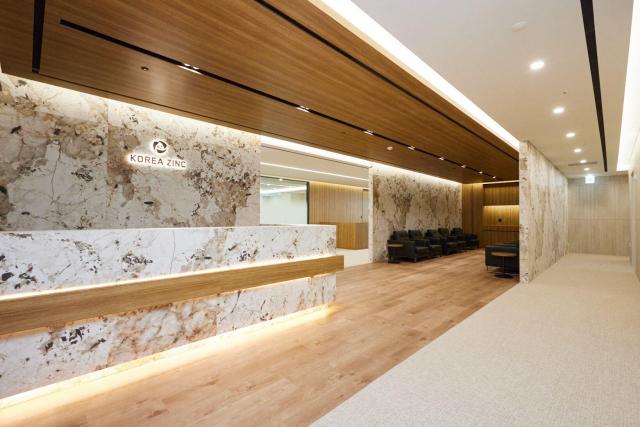
The drama traces back to 1974, when entrepreneurs Chang Byung-hee and Choi Ki-ho created twin corporate empires — Young Poong, controlled by the Chang family, and Korea Zinc, run by the Chois.
For nearly five decades, the arrangement held. Korea Zinc built smelters for zinc, copper and lead, then expanded globally with Sun Metals Corporation in Australia in 1996. By late 2023, it had begun building the world’s first integrated nickel smelter.
The balance shifted in 2022, when Choi Yun-birm, grandson of co-founder Choi Ki-ho, became chairman and began cutting ties with Young Poong.
A year later, Young Poong, backed by private equity giant MBK Partners, launched a tender offer to acquire nearly 15 percent of Korea Zinc. The battle has since spiraled into lawsuits, shareholder clashes and speculation about Chinese influence.
Korea Zinc struck back in January, with its Australian unit buying a 10 percent stake in Young Poong — a countermove that all but ensured a prolonged stalemate.
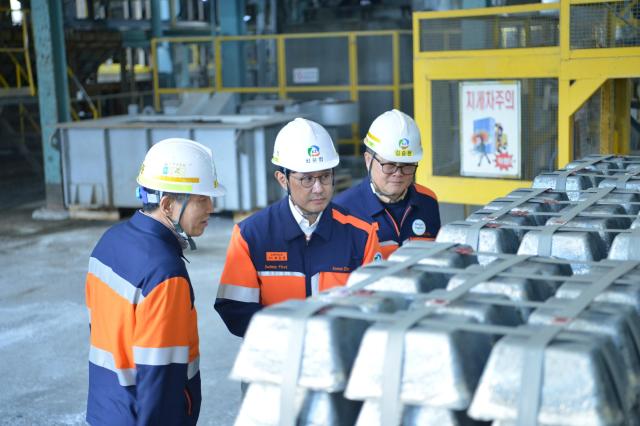
Despite the turmoil, Korea Zinc reported its strongest-ever half-year results in August: 7.66 trillion won (about $5.5 billion) in revenue, up 41 percent from a year earlier, and 530 billion won in operating profit. It was the company’s 102nd consecutive profitable quarter.
The surge was fueled by its unique capacity to extract more than 10 types of rare metals from ore concentrates. Antimony sales alone rose nearly 30 percent in volume, with revenue more than quintupling. Silver and gold revenues also jumped, reflecting strong demand for precious and industrial metals.
Betting on the future
Choi has framed the company’s “Troika Drive” strategy — focused on green hydrogen, secondary battery materials and resource recycling — as essential for Korea Zinc’s survival.
Speaking at the company’s 51st anniversary in August, he alluded to the takeover fight without naming names.
“Last September, we faced a shocking challenge that made us reconsider our company’s reason for existence and the values we must protect,” he said.
On Aug. 25, Korea Zinc announced a memorandum of understanding with Lockheed Martin to supply germanium, a key mineral used in night-vision gear and satellite systems. The company plans to invest about $100 million in a new germanium plant in South Korea, slated to open in 2028.
The contest for Korea Zinc carries stakes beyond corporate Korea.
In an era when minerals underpin both clean-energy transitions and national defense, the company’s independence — and its orientation toward Western supply chains — could prove as consequential as the metals it refines.
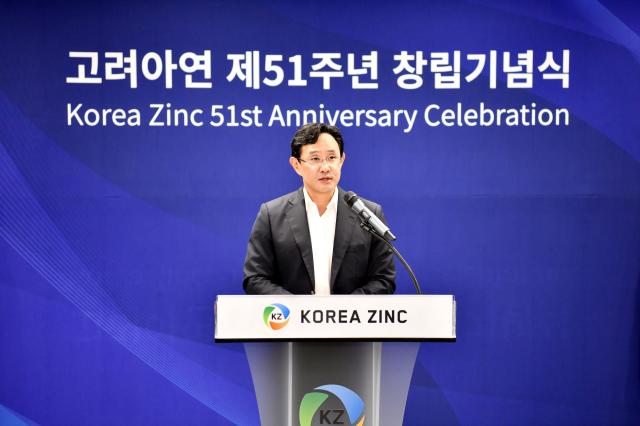
Copyright ⓒ Aju Press All rights reserved.


![[K-Tech] From Lineage to AI: How NCSOFT is reinventing itself for new gaming era](https://image.ajunews.com/content/image/2025/08/21/20250821010819802174_278_163.png)
